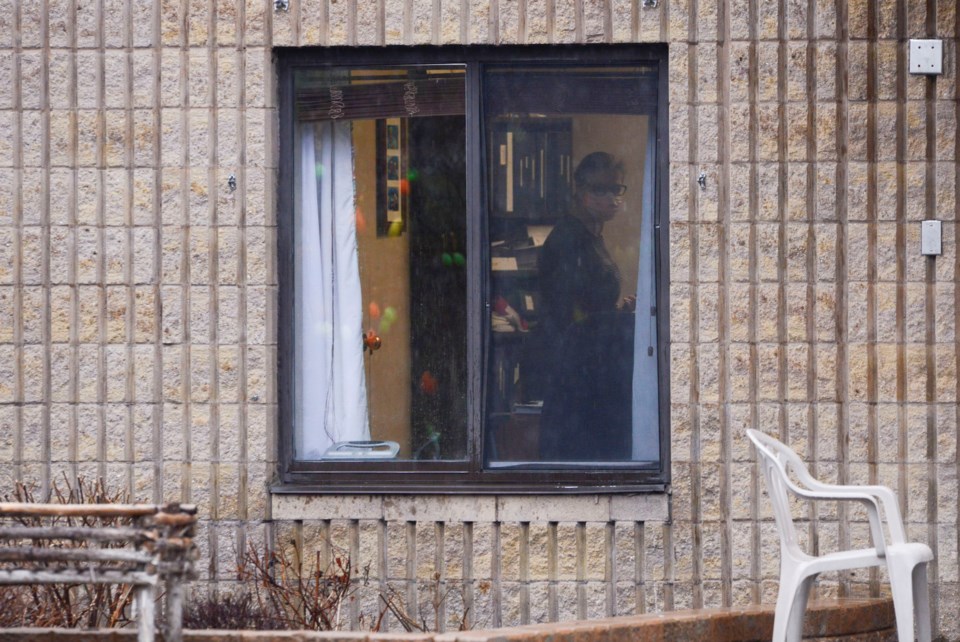Ontario has doubled the number of inspectors in long-term care homes, fulfilling a pledge it made a year and a half ago.
Long-Term Care Minister Paul Calandra made the announcement in Oshawa Friday morning, touting the 193 new long-term care inspection staff members, which includes 156 new inspectors and means the province has more than one inspector per every two homes in the province.
“It's no secret that after decades of inaction from previous governments, our province was left with an underfunded and neglected long-term care system, a system that needed to be fixed,” said Calandra. “And that's why our government launched an ambitious plan to do just that, to fix Ontario's long-term care system.”
The province first made the pledge in October 2021, promising it would be complete by the fall of 2022.
The promise came after the Long-Term Care COVID‑19 Commission found the province’s enforcement and oversight system was weak and ineffective. It criticized the Ford government’s decision to cancel annual comprehensive resident quality inspections in 2018 and recommended they be reinstated.
Calandra touted the government’s steps to strengthen the province’s long-term care legislation, making it “Canada’s toughest inspection and enforcement regime” with heftier financial penalties and other administrative consequences.
But advocates involved in the system say the problems that preceded COVID-19 remain and the province's worst homes still aren't facing tough enough enforcement.
“Unless you're actually going after these repeat offender, bad actor homes, what's going to change?” said Vivian Stamatopoulos, a professor at Ontario Tech University and advocate for long-term care residents.
Stamatopoulos said she continues to hear from families about neglect and abuse, and mistakes that occur when homes are short-staffed.
For instance, she provided a December report by ministry inspectors that found a home had failed to ensure that a resident was protected from physical abuse by a personal support worker, with the resident suffering “moderate harm” as a result. It also didn't report the abuse as required and failed to remove the worker from duty, according to the report.
The ministry issued written notifications to the home but has not escalated enforcement actions further, according to public records.
“So I'm not sure how hiring more people is going to fix something unless you actually start revoking licenses, rolling out those hefty financial penalties, and having consequences that actually make people want to change their behaviour,” said Stamatopoulos.
“What’s the point, if there’s no real accountability, no real change?”




